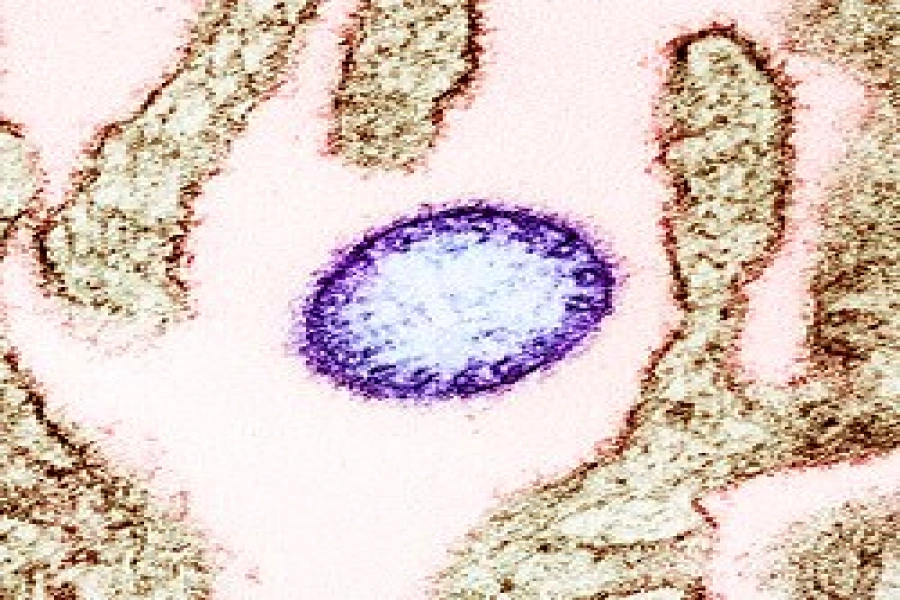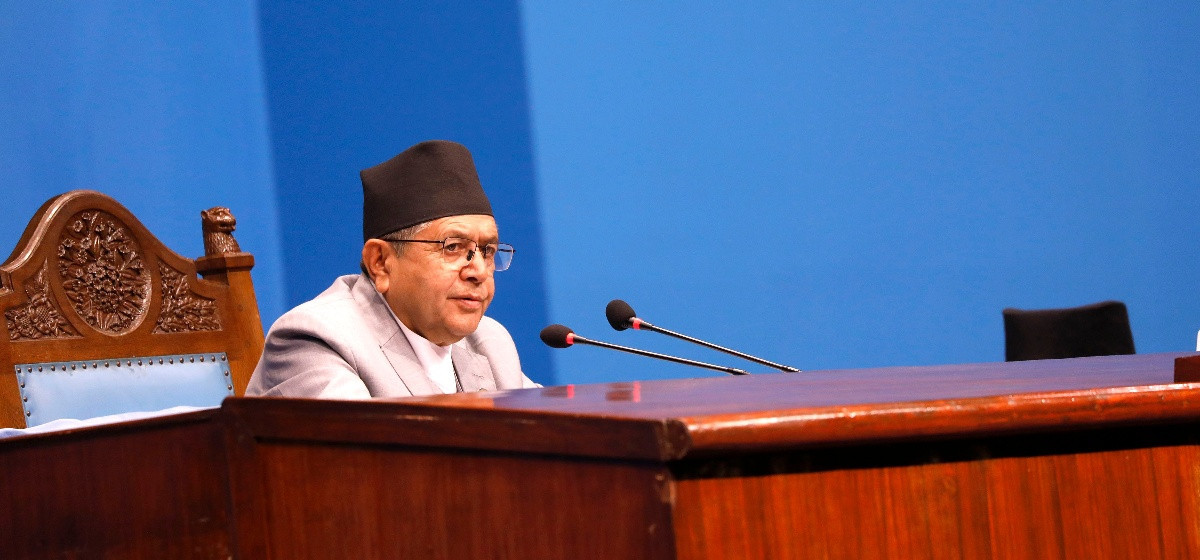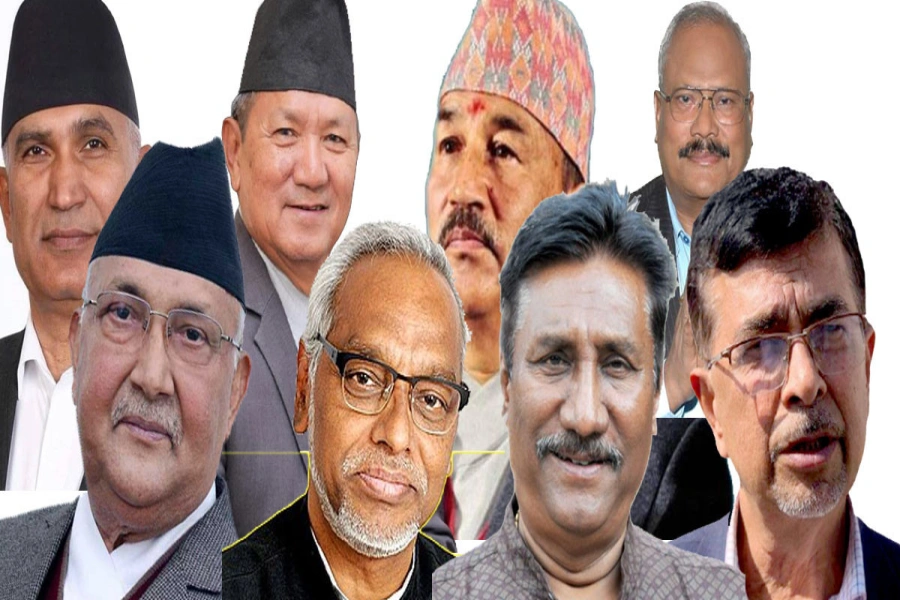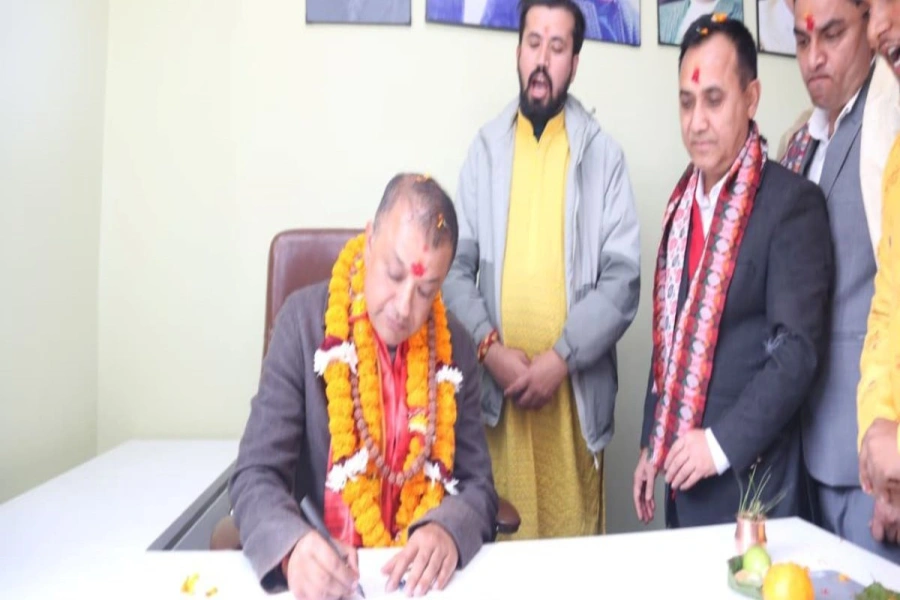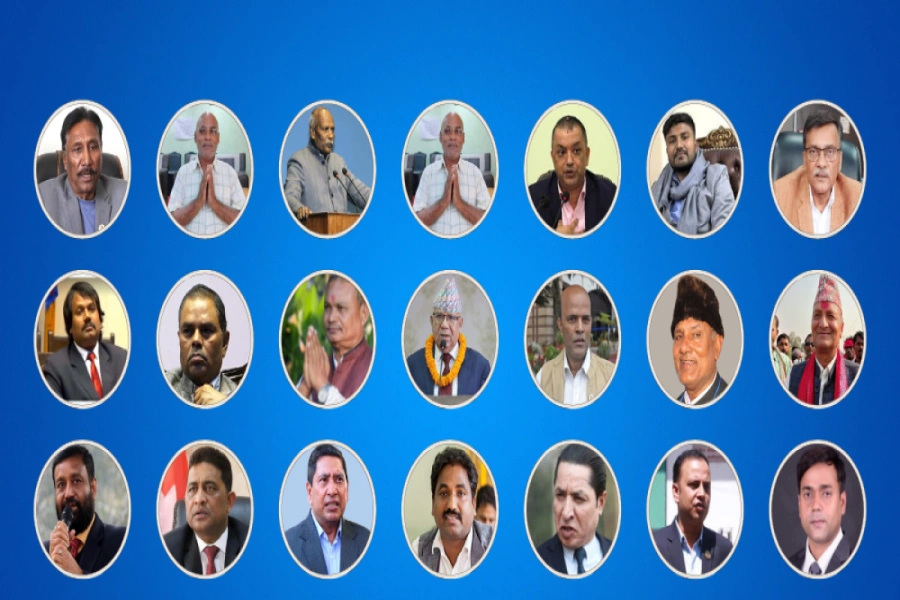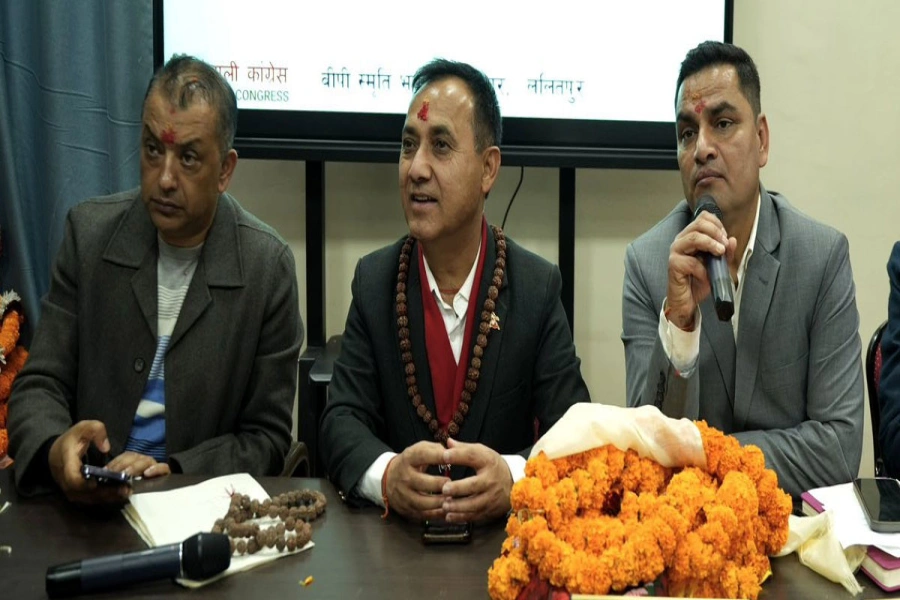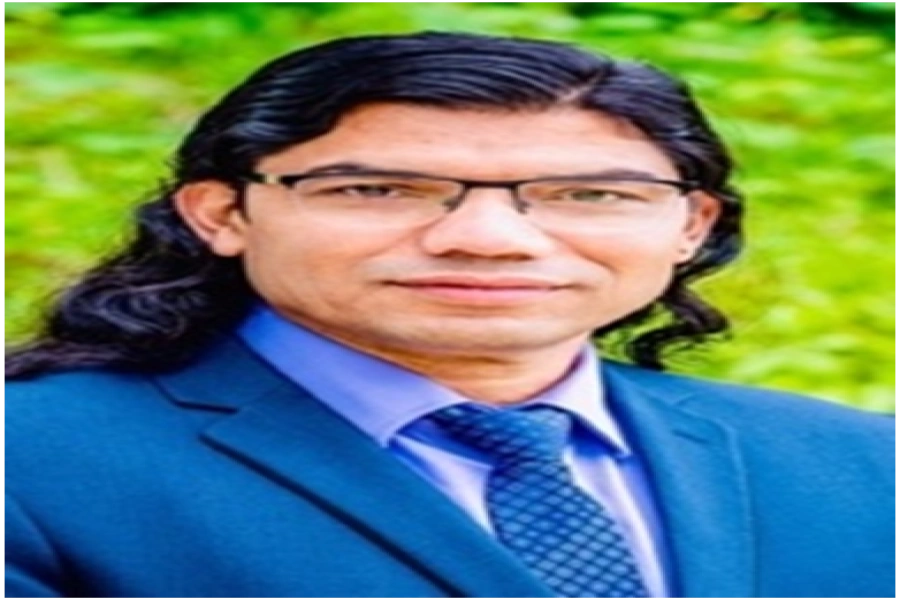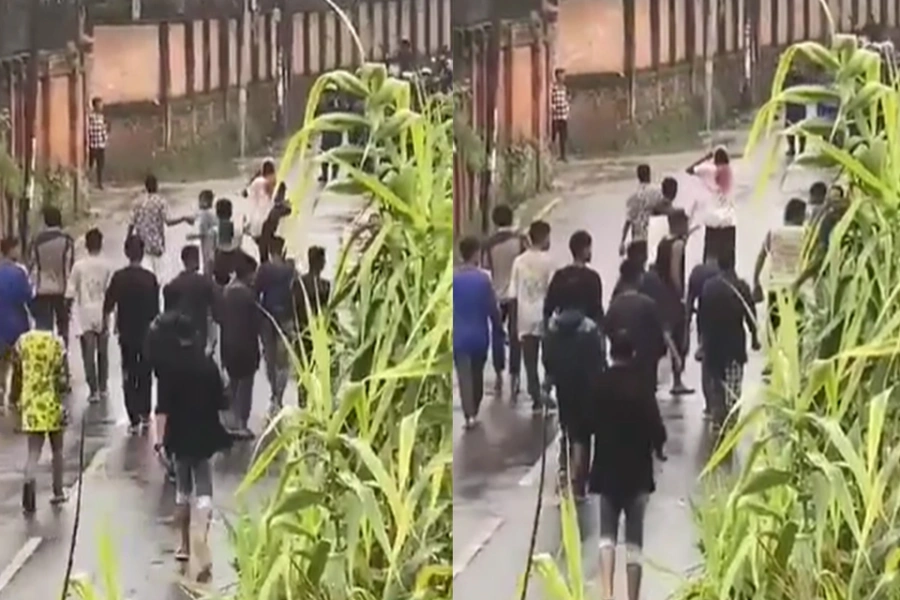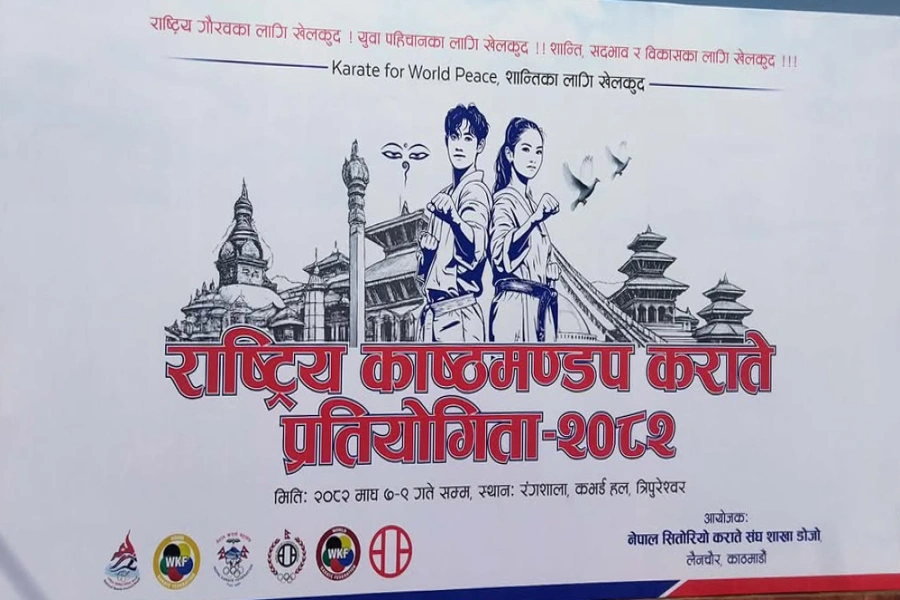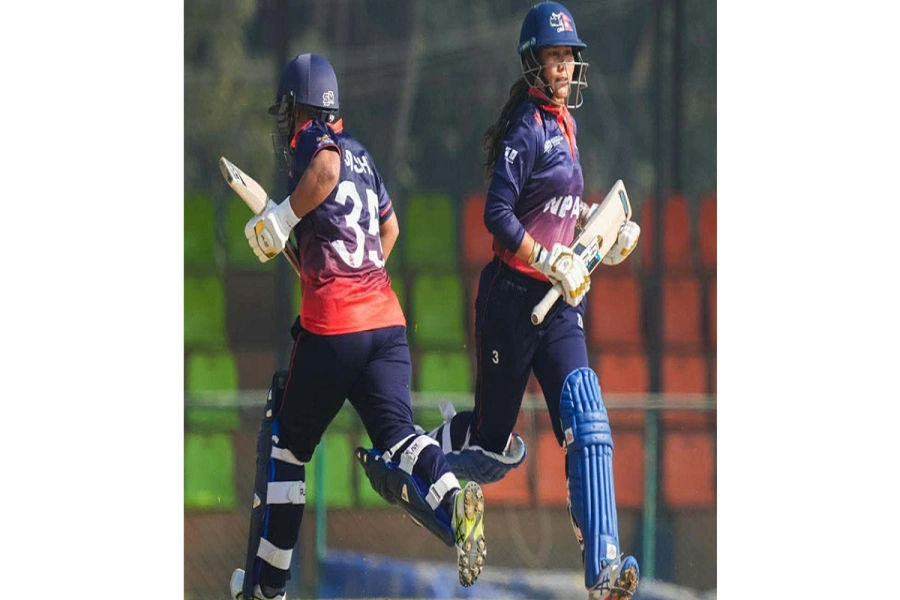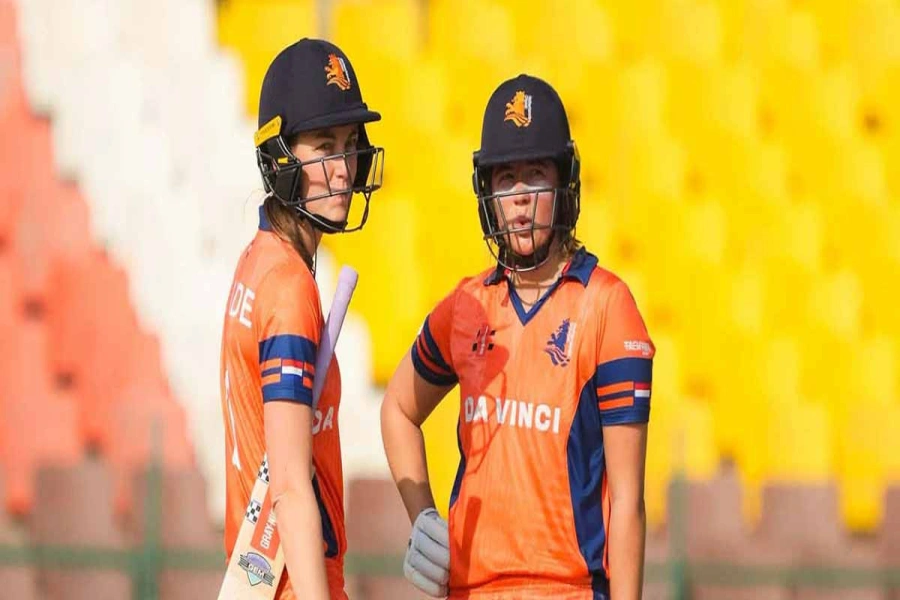SIRAHA, March 4: Devaki Thakur, 75, of Brahmapur, Siraha, has seen both good and bad experiences of social untouchability.
She remembers how she had to ‘clean’ her body with Gangajal (holy water from the Ganges River in India) after she accidentally touched the shadow of Madhu Malik (Dom) who had visited her home to sell bamboo products. That was a decade ago but the time has changed now. These days Devaki is seen talking to Madhu without caring that her hands keep touching Madhu’s body.
Their houses are apart but they are close to each other. Devaki who doesn’t even know the alphabets, said, “If the color of her blood is not different than ours then why should she be treated differently,” she said. She argues that if it is right to serve offerings to God in the baskets made by Madhu, how come her body is impure. She also accepts that it took her time to understand that all humans are equal and same.
Social harmony getting stronger in tarai, caste-based discrimin...

In recent days, not only the living standard of Doms but also the perspective of others towards them has changed a lot. Though prejudices still exist in society, more people have started understanding that no person is untouchable or impure. Earlier, Doms were forbidden even from entering the compounds of the so-called high-caste people. But according to Madhu, some of the upper-caste people have started allowing them even into their houses now. “It is not easy to change the traditions and customs easily as they have been practiced for decades. But society is changing slowly,” said Madhu.
Similarly, Pratima Malik of Siraha, Kharukiyahi says she no more has to feel bad because of her caste. A large number of women of various castes gather at her house for chit-chats. Surprisingly, none of the women aren’t even the least bothered when she touches them. There are rows of houses attached to Pratima’s houses and they all belong to the so-called ‘upper-caste’ people.
She shares her experience that people have started mixing up with the so-called low-caste people after they started maintaining cleanliness and adopting healthy lifestyles. According to Gauri Narayan Yadav, principal of Janata Basic School, Sisawa, caste-based discrimination has decreased to a large extent in today’s society. “In fact our village has emerged as a perfect example of social harmony,” said Yadav.
The children of the so-called upper-caste people and Dom community share the same the desks and benches in schools.
Pramila who was married at an early age only has vivid memories of her marriage. At that time, selling bamboo products and raising pigs were the only businesses for Doms. She recalls how people made disgusting faces after touching her shadow when she visited their homes for selling her products.
Foreign employment has played a major role in improving the living standard of the Dom community. Most youths of this community go abroad for employment. Doms who fall under the Dalit community are considered the most underdeveloped tribe of tarai. They are mostly found in Sarlahi, Dhanusha, Saptari, Morang, Mahottari, Bara among other districts.





